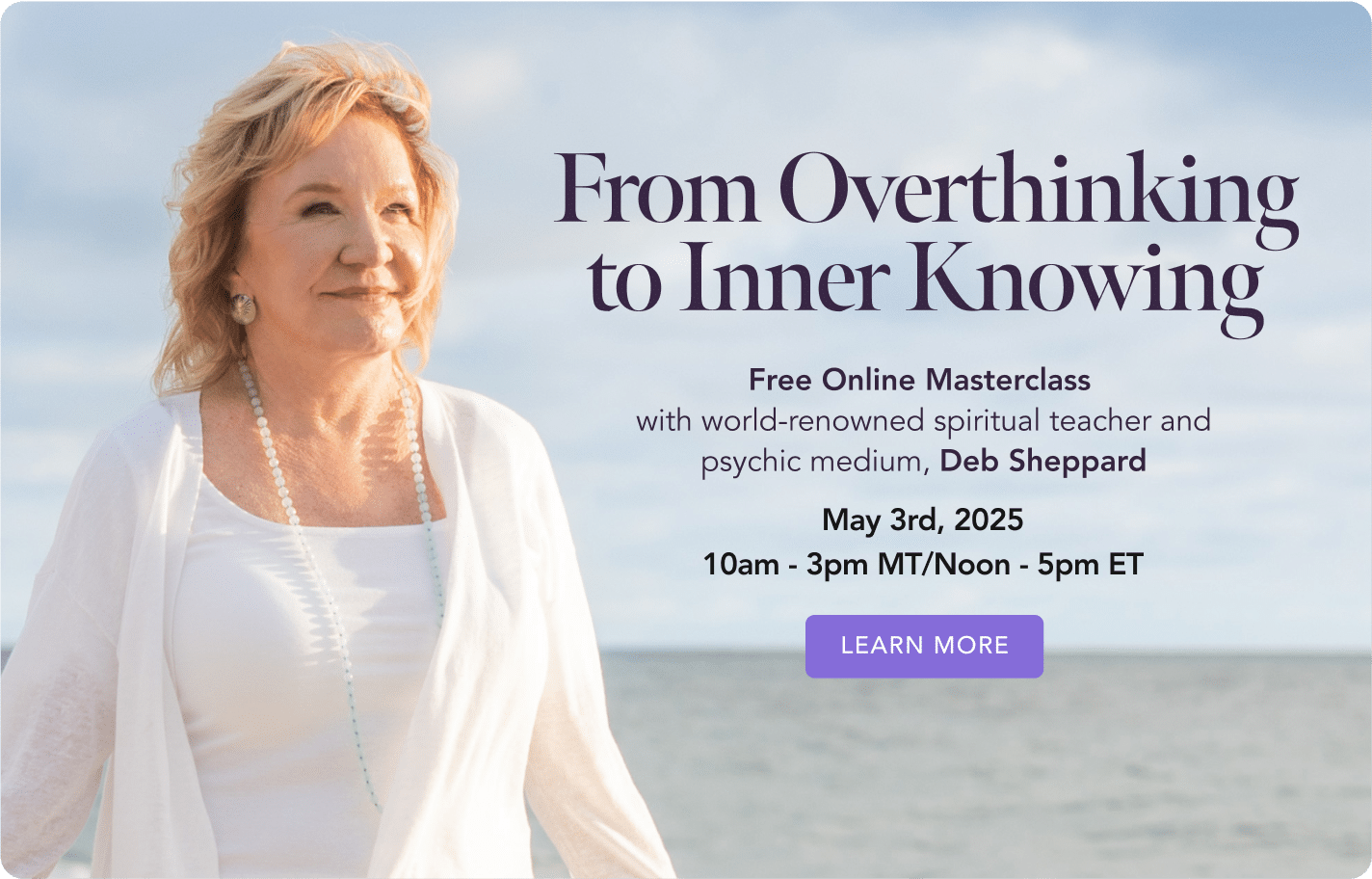Suicide Awareness
Throughout the year, we celebrate many occasions. The greeting card industry, and other communities, have created a day, month or week to celebrate or honor the remembrance of life events for example birthdays, anniversaries and holiday’s. We also have specific days throughout the year that we bring awareness for a multitude of other reasons, for example ending Alzheimer’s, Cancer and Suicide. We try to honor our military, teachers, and a variety of communities and cultures as well.
September may include birthdays, anniversaries and of course Labor Day. But, it is also the month that brings suicide awareness to the forefront as World Suicide Prevention Day every Sept 10th annually and September also boasts National Suicide Prevention week. Both are in September which is also considered National Suicide Prevention Month.
Over the last several years I have attended, supported and have raised donations for the American Foundation for Suicide Prevention Denver Metro Out of Darkness Walk. The last one at Coors Field on 9/24/2016. This walk brings education and healing surrounding the disease of suicide. This past September my friend shared with me that her daughter, who works at Denver Children’s Hospital, attended a meeting that discussed children who were admitted at their hospital for suicidal ideation and attempts. Since January of 2016 to September 2016 4,500 children were patients for suicide attempts and possible death by suicide and this was just in Denver alone. I’m not sure if that is the appropriate language of this fact, but we MUST become educated about this illness.
Research is showing that suicide is a disease – an illness, and the more we hide it, feel ashamed or believe it’s a weakness shows we are only ignorant to understanding the functions of the brain. Having two members of my family die from suicide, as well as helping thousands of families who grieve their losses, show that it’s a complex disease to understand. The anniversary of my husband’s and nephew’s passing is in October and during this time our family has many significant dates that remind us of things we celebrate and things we miss.
Those that mourn the loss can carry significant guilt and lead to the question “WHY did this happen?” Those left behind ask themselves…. could I have done something said something or prevented my loved one from dying? When we learn more about this illness and understand that there is help for those that are depressed and struggling with mental health issues, only then we can begin to prevent suicide.
A large percentage of society won’t seek medical care for depression because of the stigma surrounding this issue. There is shame in our society if one is depressed, seeks therapy, or takes medication it can be viewed as a sin or weakness. If we have asthma, diabetes, high blood pressure, cancer, pneumonia or anything else, we as a society feel is acceptable to share, we do. We seek medical care, tell our family, share it on social media and try to be aware of what our body needs. But, we do not do this for depression or other mental health conditions!
When Robin Williams died by suicide, as sad as it is when anyone passes, the media stated that it was so upsetting because he had money and was famous so how could this happen to him? I was very offended because it was as if money would have made the difference to his mental health. Seriously, we don’t say this about cancer, heart failure, or any other illness. There is so much prejudice to this disease much like AIDS was judged and likely still is.
Why do we feel that mental illness is any different than any other illnesses? It could be that many who are mentally ill don’t seem to show obvious outward signs. They may be smart, outgoing, seem happy and even satisfied in life. But, so do people with a variety of illnesses.
One of the first steps in helping anyone with a mental illness is to acknowledge it isn’t a weakness or something that should be hidden. I told my kids when their father died from suicide almost eight years ago, that it was because he had cancer of the mind. Not brain cancer, his mind didn’t work as it did years before. He came from a proud family, and he also was a very proud man. Many factors were in place, and he wouldn’t seek medical attention and come to terms with his depression.
If depression was more accepted in society and we supported our mental health care, would my husband, nephew and so many others still be with us today? When we change our beliefs about depression, suicide, and mental illness, and become more educated then we can help those who suffer in silence.
There is a movie based on a true story starring Will Smith and actors Alec Baldwin, Paul Reiser and one of my favorites, Albert Brooks in the 2015 Film Concussion. It is about a forensic pathologist who discovers a football player who has had hundreds of hits to his head because of the force of years playing the game. Dr. Bennett Omalu, comes to the conclusion that for many players have a high risk of death by suicide. The disease is called chronic traumatic encephalopathy or CTE and the NFL and those in that political arena didn’t want to acknowledge a probable factor for the deaths. These men who were once top athletes, amazed and thrilled many of us as well as the financial gain to the NFL and anyone attached to the sport. It finally took many players death by suicide before it was accepted and FINALLY, laws have changed to help and protect these athletes.
We are more accepting when someone decides to stop cancer treatment or not even start because they have chosen not to battle. Why? Because we see, they’re suffering differently than those, who are so sad inside and truly believe they can’t live another day.I have also learned that our loved ones don’t “commit suicide”, rather they “die by suicide”. Just as if someone passes from cancer, a car accident, or a heart attack. It’s not a sin, and they don’t go to a dangerous place. Depression is an illness it’s not a weakness or a choice. Those that struggle every day with depression and other mental health conditions can feel there is no hope and that their pain is insurmountable. Suicide can happen when stressful life events overload the coping abilities of someone suffering from a mental health condition and the most common condition associated with suicide is depression. An illness that goes undiagnosed or treated far too often.
I have never had cancer, but it doesn’t mean I must experience it to have compassion for someone who does. You don’t have to be depressed to have compassion for someone who is depressed or has a mental illness.
My husband and nephew were very intelligent, had a support system, were loved, and had reasons to want to live. But, like any disease, it does not judge who is affected by it. You can begin to change the perception of this illness and start by just realizing it is a disease. Talk about it, don’t judge it, share there is the help, and no one must heal alone.
Be part of the change to prevent suicide. What can you do to help? Start by opening your mind to learn about mental illness. Listen and don’t judge or give unsolicited advice. Giving advice is a natural response when someone shares what is happening in their life. But, if you can find empathy and compassion and just “listen” the one sharing may feel they are being supported instead of being judged they are doing something wrong.
Learn how you can help by becoming educated about depression. Talk to your doctor or reach out to advocates that understand how to support anyone that is dealing with this illness. Don’t push it aside as if it’s just a phase or a moment that someone is vulnerable. If someone is sharing their feelings, most likely they have had these emotions for a while. Try not to overreact or become dramatic, just listen, have compassion and ask how you can help?
Be an advocate, a friend, someone who cares. I know most families who have had a loss from suicide feels they were most of these things. It doesn’t mean they did anything wrong or this will resolve depression or suicide. But, being aware, educating ourselves about mental illness and embracing that it’s a disease is a start.
From the beginning of time, our world has been judgmental. Those who judge are afraid of the unknown and are unwilling to expand their minds if it’s something foreign. Many want to stay in their bubble world so they won’t disrupt their beliefs. Stop living in a comfort zone called a small box. It serves only you and not the world.
Ask yourself, why is suicide so prevalent? Why are we seeing so many military, children and all walks of life dying by suicide? Because it’s time to start changing how we can help those that feel that suicide is their only choice.
Social media, texting, and bullying is just one sliver of the cause for many young people. Carefully listen and read about what you think, write and say. Take responsibility to limit your participation in negative judgmental thoughts and words. A recent visit to a doctor he shared that his 15-year-old was texting a friend about his dad coming to pick him up. They were talking about times and locations and they were taking a long time to finalize the details. The doctor said, “just pick-up the phone and call your friend”. The 15-year-old responded, “Dad we don’t do that. If we talk instead of text it means you are too needy”.
My response was, wow! Seriously? We have come to replace having a conversation through texting. As we know this means of communication doesn’t have the influx or emotion of what we truly want to say. Because texting is shorthand, the true meaning of the words can be misinterpreted. Perhaps, communication is a beginning to change. Taking responsibility for what we “SAY” and how we “RESPOND”.
Technology is a wonderful product for our society, but human emotions, behavior, and feelings can’t be replaced with the old simple function as speech, talking and listening.
A common thing I hear is that most people want to make a difference in someone else’s life. What are you going to do to make a difference? Stop labeling, stop judging, stop and listen.
Encourage HOPE and HELP
Learn the signs at AFSP.ORG/SIGNS
Provide at least 1 resource for HELP such as the National Lifeline 1.800.273.8255 (TALK)


